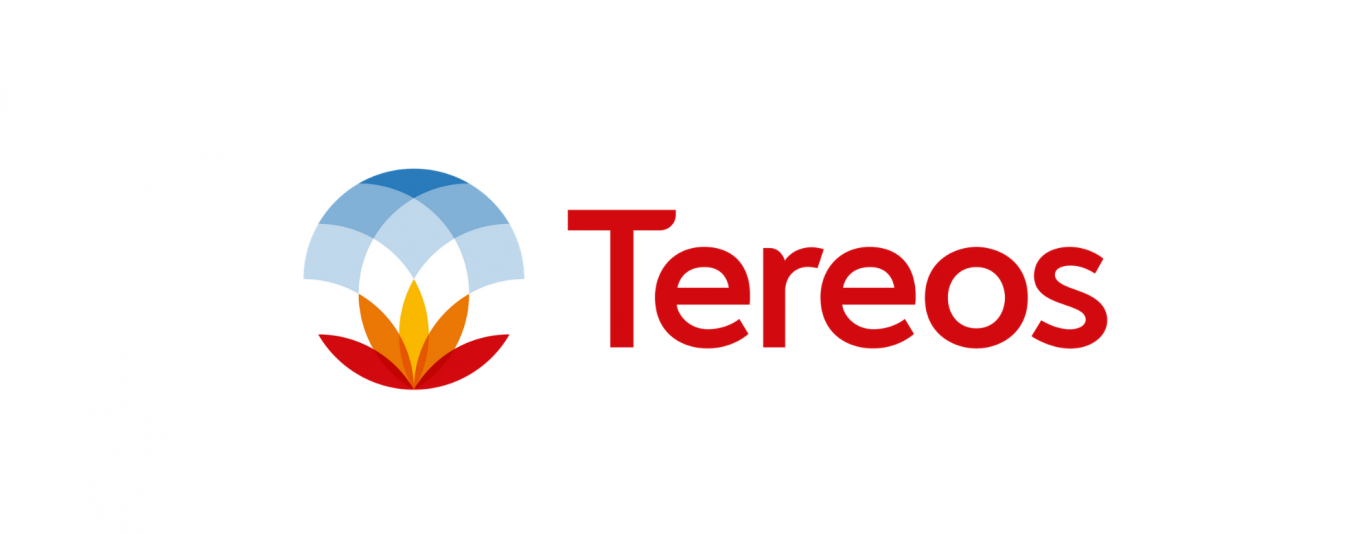
- Q3 20/21 revenues up 2%, to €1,152 million, slightly negative trend of -1% over the first nine months of the financial year at current exchange rates
- Adjusted EBITDA up 11%, to €135 million in Q3 20/21 at current exchange rates, and to €373 million in the first nine months of the financial year
- The Group’s cumulative recurring operating income (EBIT) of €98 million rose sharply compared to last year (-€82 million excluding non-recurring items) but remains at an insufficient level at 3.1% of revenues
- Debt leverage remains high at 4.8x despite the net debt decrease of €245 million over 12 months to €2,668 million at December 31, 2020, driven by the sugar business in Brazil
- Record-breaking crop in Brazil with 20.9 million tons of sugarcane crushed under good operational performance conditions
- Sugar beet crop in Europe heavily impacted by bio-aggressors, with yields by Tereos cooperative members 26% below the historical average
- Election of Gérard Clay as Chairman of the Supervisory Board at the December 18 General Meeting followed by the appointment of Philippe de Raynal as Chairman of the Management Board
- Launch of industrial and commercial audits to establish medium-term strategic and operational priorities, with results presented by this summer.
Philippe de Raynal, Chairman of the Management Board of Tereos, said:
“The growing third quarter results reflect improving fundamentals in the sugar and alcohol markets, while starch business margins are still undergoing serious pressure. The new management team is focused on its three main business pillars with the aim of improving operational profitability and reducing debt. Our roadmap will thus be determined by the summer, based on assessment audits which are ongoing.”
Gérard Clay, Chairman of the Supervisory Board of Tereos, underlined:
“Tereos is a Group with many strengths. Our priority is to restore the conditions that will enable us to develop the best value for our cooperative members’ productions whilst raising the levels of confidence and transparency with our stakeholders. This requires higher profitability from our activities and the overhaul of our governance to fully express our cooperative status. The combination of improved competitiveness from our industrial and commercial activities and debt reduction will ensure the sustainability of our cooperative model and therefore of the future”
